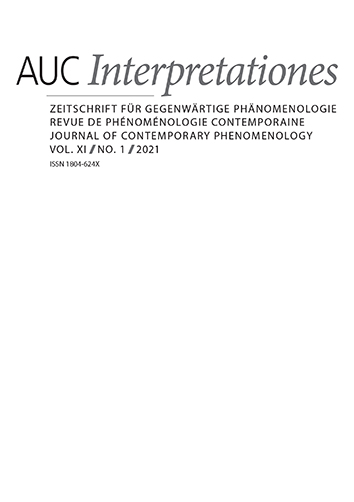AUC INTERPRETATIONES, Vol 1 No 1 (2011), 185–196
Esquisse d’un transcendantalisme faible. Analyse sur le concept d’a priori historique chez Michel Foucault
Oleg Bernaz
zveřejněno: 13. 01. 2015
Abstract
The focal interest of this article lies in the field of Michel Foucault’s archeology. More precisely, I want to examine the evolution of the concept of the a priori historique. What I find striking is that this concept has dramatically changed its status from a central point in Foucault’s archeology of the 1960s (i.e. Les mots et les choses, 1966; L’archéologie du savoir, 1969) toward its gradual disappearance with the work of the 1970s (following his famous article Nietzsche, la génealogie, l’histoire). What is the reason of this conceptual restructuring and how can we adequately interpret it? This is the guiding question of my philosophical investigation. As for the proposed answer, I argue that the notion of a priori historique, as initially employed by Michel Foucault, seemed to lead towards a transcendental interpretation of archeology. But this transcendental element within the concept brings prejudice to Foucault’s later archeological strategy, which unveiled an immanent level of discourse; this, therefore, results with the dismissal of the concept of the a priori historique.

Esquisse d’un transcendantalisme faible. Analyse sur le concept d’a priori historique chez Michel Foucault is licensed under a Creative Commons Attribution 4.0 International License.
148 x 210 mm
vychází: 2 x ročně
cena tištěného čísla: 180 Kč
ISSN: 1804-624X
E-ISSN: 2464-6504
